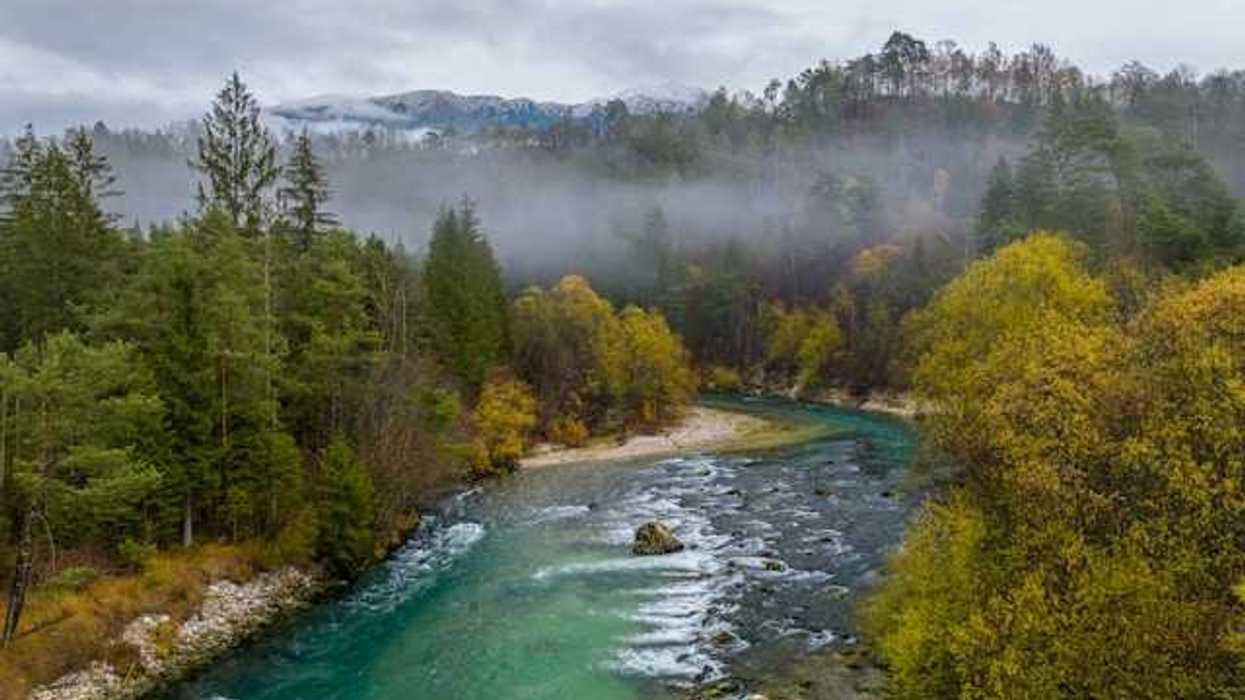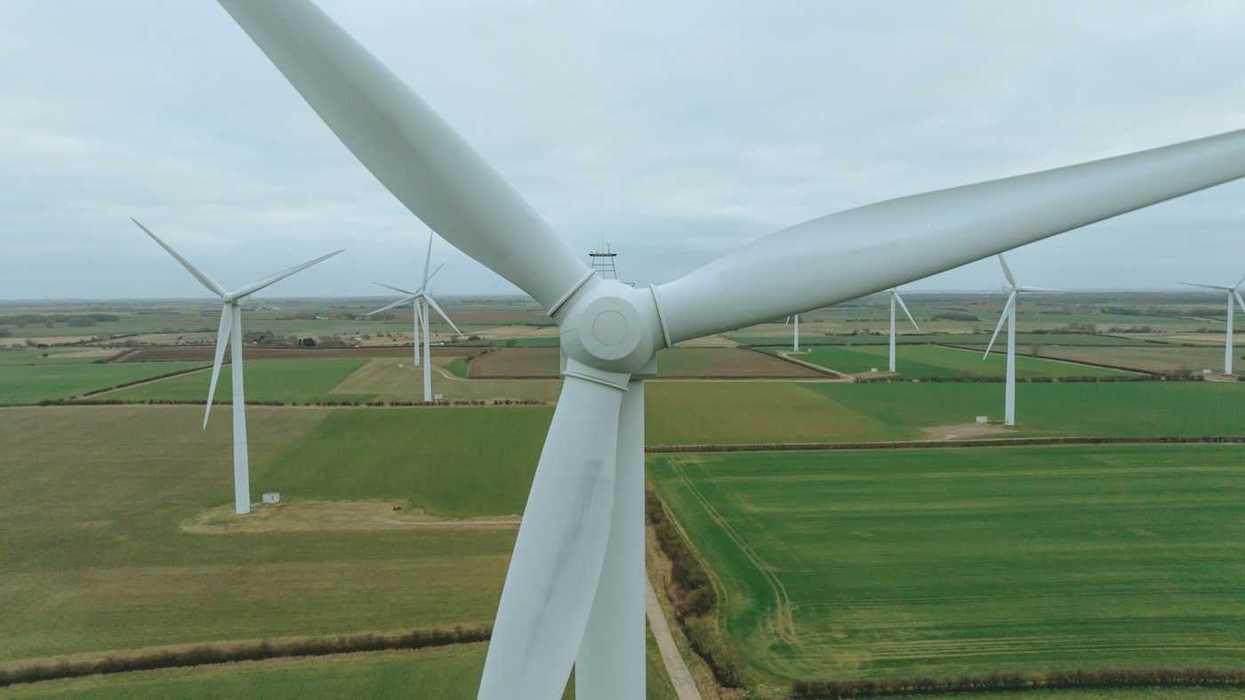The Great Barrier Reef experienced its hottest ocean temperatures in 400 years over the past decade, threatening its survival.
Suman Naishadham reports for The Associated Press.
In short:
- Between 2016 and 2024, the Great Barrier Reef experienced mass coral bleaching due to record-high ocean temperatures, endangering its future.
- Researchers used coral skeleton samples to study sea surface temperature changes since 1618 and linked recent warming to human-caused climate change.
- Even if global warming is kept below the 1.5°C threshold of the Paris Agreement, 70% to 90% of global corals could be at risk, leading to reduced diversity.
Key quote:
“The reef is in danger and if we don’t divert from our current course, our generation will likely witness the demise of one of those great natural wonders.”
— Benjamin Henley, lecturer of sustainable urban management at the University of Melbourne
Why this matters:
The Great Barrier Reef is vital for biodiversity, seafood production and tourism. Its decline signals broader environmental impacts of climate change that threaten marine ecosystems worldwide.














